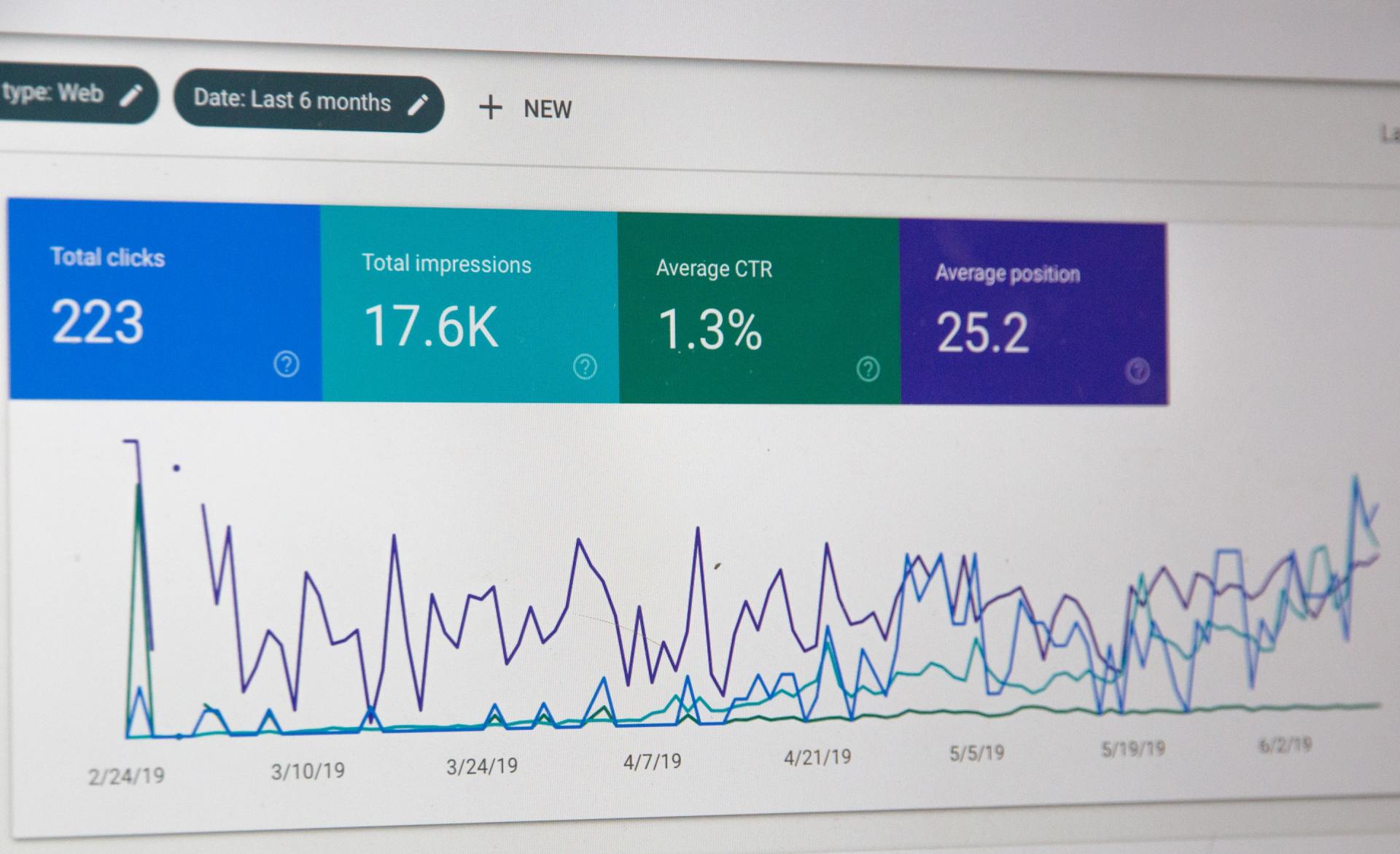Key CRM Statistics for 2025: Market Trends, Adoption, and Impact
In today’s competitive business landscape, Customer Relationship Management (CRM) systems have become indispensable tools for driving growth, enhancing customer experiences, and streamlining operations. As the CRM market surges toward a projected $262.74 billion by 2032, businesses of all sizes are leveraging these platforms to boost sales, improve retention, and harness cutting edge technologies like generative AI.
The following CRM statistics, compiled from leading industry sources, highlight the transformative impact of CRM systems, revealing key trends, adoption rates, benefits, and challenges shaping the future of customer centric strategies in 2025 and beyond.
CRM Market Size and Growth
- Global CRM Market Value: The CRM software market is valued at approximately $101.4 billion in 2024 and is projected to reach $262.74 billion by 2032, growing at a compound annual growth rate (CAGR) of 12.6%.
- Revenue Forecast: Global CRM software revenue is expected to grow from $75.1 billion in 2023 to $248.2 billion by 2033, with a CAGR of 12.7%.
- UK Market Growth: In the United Kingdom, CRM revenue is forecast to increase to £1.9 billion between 2024 and 2028, with a market volume of $8 billion by 2029 (CAGR of 11.51%).
- Mobile CRM Market: The mobile CRM market is projected to grow from $28.43 billion in 2024 to $58.07 billion by 2034, with a CAGR of 11.9% in the U.S. and 14% in China.
Elevate your business with a custom built website from Salt Creative — schedule your free strategy session now!
CRM Adoption and Usage
- Business Adoption: 91% of companies with 10 or more employees use a CRM system, while only 50% of businesses with 10 or fewer employees do not use one.
- Industry Usage: Tech companies lead CRM adoption at 94%, followed by manufacturing (86%), education (85%), healthcare (82%), and human resources (81%).
- Cloud-Based CRM: 87% of CRM systems are cloud-based, reflecting a shift toward remote access and scalability.
- Mobile CRM Usage: 70% of businesses use mobile CRM systems, which can improve productivity by 14.6%. Businesses leveraging mobile CRM are 150% more likely to exceed sales goals.
Benefits of Using a CRM
- Return on Investment (ROI): CRM delivers an
average ROI of $8.71 for every dollar spent, with some projections suggesting up to $30.48 per dollar in 2023.
- Sales Impact: Businesses using CRM see a 29% increase in sales, a 34% improvement in sales productivity, and a 42% increase in sales forecast accuracy.
- Revenue Growth: CRM platforms can boost company revenue by up to 245%, with 45% of companies reporting increased sales revenue.
- Customer Acquisition Costs (CAC): 91% of businesses report reduced CAC after implementing CRM, with 49% seeing an 11–20% decrease.
- Customer Retention: CRM systems improve customer retention rates by up to 27%, with 47% of users noting significant impacts on retention and satisfaction.
- Customer Experience: 85% of U.S. CRM users in 2018 identified improved customer experience as the top benefit, followed by faster decision-making (58%), streamlined operations (54%), and better collaboration (53%).
- Time Savings: CRM systems save businesses 5–10 hours of employee workload per week by automating repetitive tasks (50%), centralizing data (46%), and streamlining communication (41%).
- Sales Cycle Reduction: CRM usage shortens sales cycles by 8–14%, with 34% of businesses reporting a reduction of 8–14 days.
Hubspot and Salesforce Statistics
- Salesforce Dominance:
Salesforce holds a 23.9% share of the global CRM market, surpassing the combined shares of Microsoft, Oracle, SAP, and Adobe.
- Other Players: HubSpot has 3.4% market share with 248,000 paying customers, while Oracle, Adobe, SAP, and Zendesk are also significant players.
- Salesforce Stats: Salesforce serves over 150,000 customers, with 83% of Fortune 500 companies as clients. Its valuation is approximately $274.9 billion, with projected revenue of $37.8–$38 billion in 2025.
- HubSpot Stats: HubSpot is valued at $35.84 billion, with $2.63 billion in revenue in 2024 and 113,925 customers across 120+ countries.
CRM Trends and Innovations
- Generative AI:
51% of businesses identify generative AI (e.g., chatbots, predictive analytics) as the top CRM trend for 2024. 65% of businesses use CRM systems with generative AI, and those using it are 83% more likely to exceed sales goals.
- AI and Big Data: AI and big data adoption in CRM is projected to increase by 97% between 2025 and 2030, driving smarter insights and automation.
- Hyper-Personalization: Businesses are focusing on hyper-personalization across the customer journey, with digital and data-first brands leading the way.
- Automation: 61% of sales leaders automated their CRM software in 2023, with automation aiding lead nurturing (57%), customer engagement (36%), and campaign reporting (28%).
Challenges in CRM Implementation
- Failure Rates: 20–70% of CRM projects fail, primarily due to poor user adoption (the leading cause), lack of integration with other tools (17%), and complexity of use (7%).
- Data Challenges:
23% of users cite manual data input as a major obstacle, while 88% of sales professionals prioritize accurate customer data.
- Adoption Rates: Average CRM adoption rates across sectors remain at 26%, with top-performing sales firms 81% more likely to use CRM consistently.
Consumer Behavior and CRM
- Customer Loyalty: 94% of customers are likely to purchase again from the same source, and 80% are more likely to buy from companies offering personalized experiences.
- Community Impact: Customers spend 19% more when they feel they belong to a company’s online community.
- Churn Factors: 68% of customers leave a business due to perceived indifference.
In Conclusion
The CRM landscape in 2025 underscores a dynamic shift toward smarter, more personalized, and data driven customer interactions, with businesses reaping significant rewards from enhanced productivity, revenue growth, and customer loyalty.
Despite challenges like user adoption and data management, the integration of AI, mobile accessibility, and automation continues to redefine how companies connect with their audiences. As the CRM market evolves, these statistics serve as a powerful reminder of the critical role CRM systems play in fostering sustainable growth and building lasting customer relationships in an increasingly digital world.










